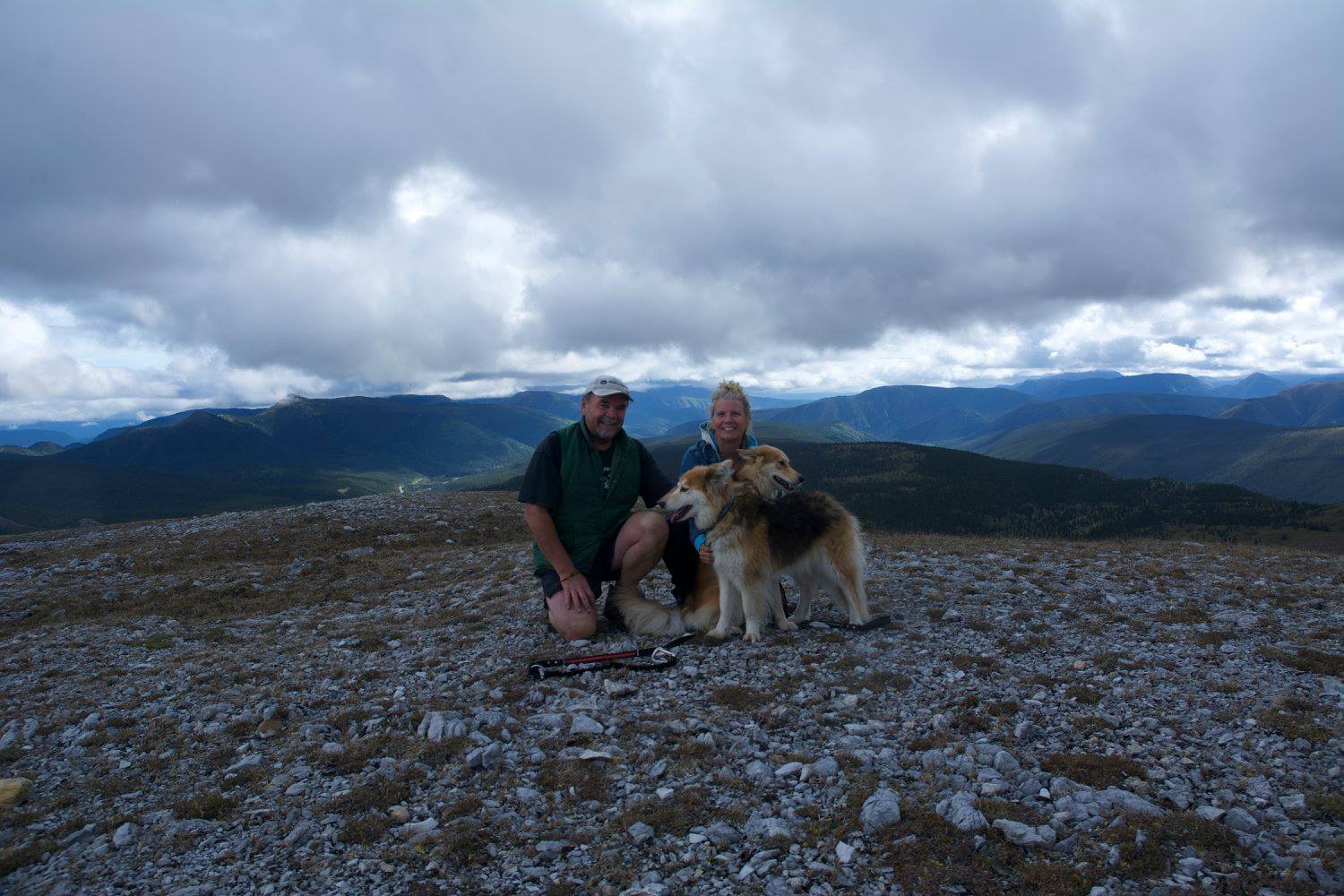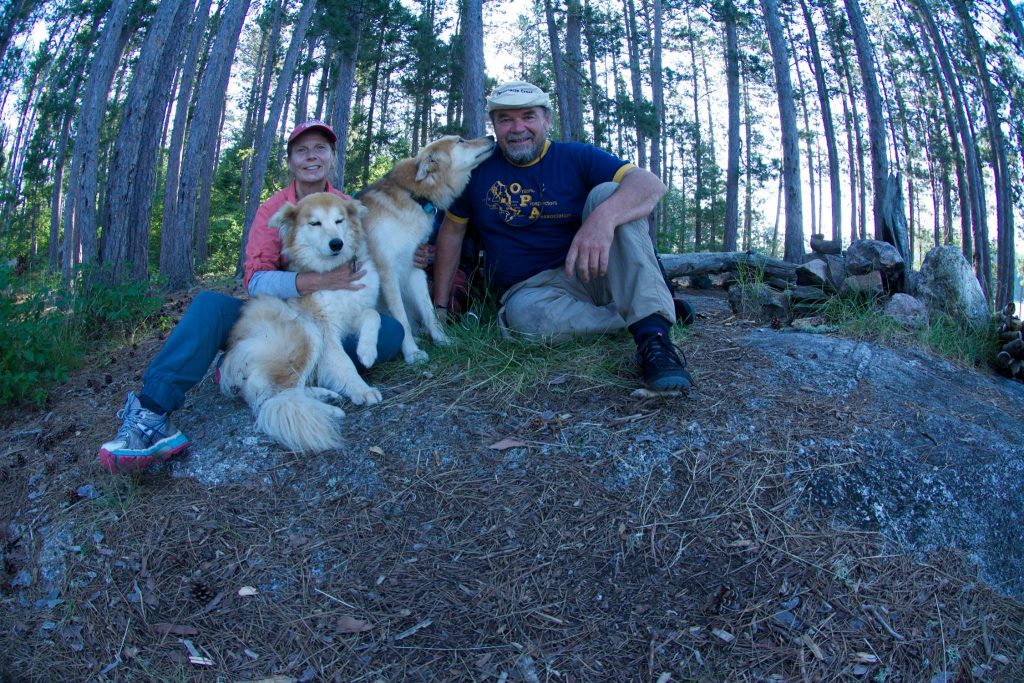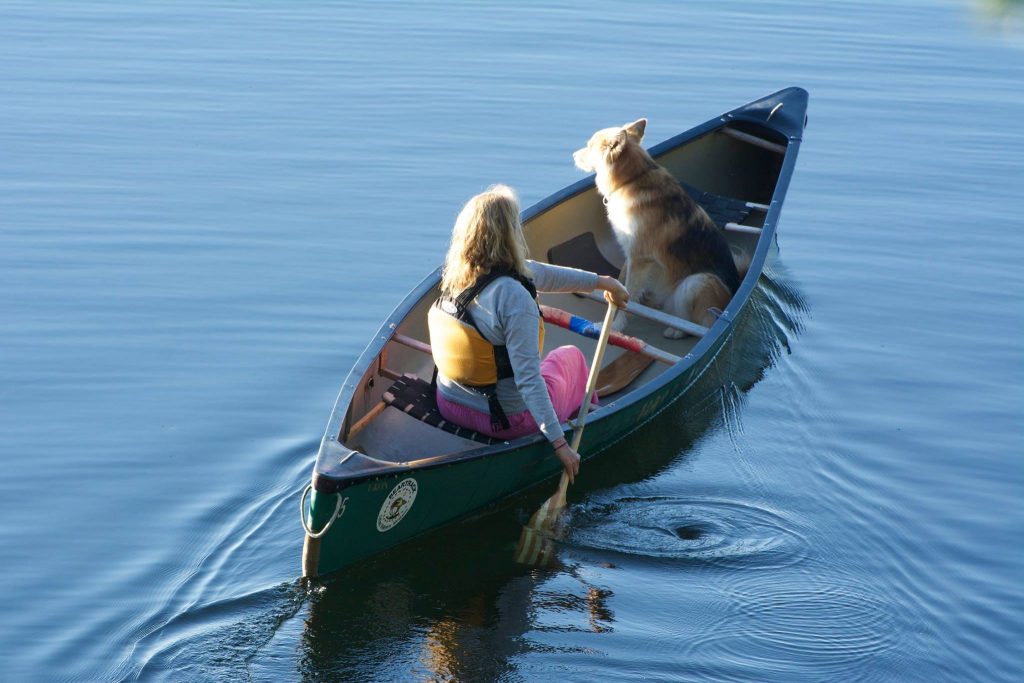My Journey towards the Yukon River Race

On June 21st, Canada will celebrate National Aboriginal Day – a day dedicated to celebrating the diverse and unique heritage of First Nations, Inuit and Métis peoples across the country. As my race on the Yukon River draws near, I find myself reflecting on the importance of the canoe in my own life. More importantly, how I can leverage this opportunity to bring greater awareness to the potential that lie within Indigenous communities across Canada.
The canoe is a tool that connects me to my ancestors and to the future as my grandchildren learn the art and skill of canoe craft. My ancestors come from eastern Ontario. My dad was Cree (James Bay on Ontario side) and Ojibwa from the Garden River/Brunswick House Community and my mother who was French and Algonquin.
Long before the Europeans established trading posts or communities in what is now Canada, my ancestors traveled the traditional waterways to trade, visit and move from winter to summer homes.
One story that my father told was of his grandfather, Albert Fletcher, traveling from the southern tip of James Bay with his family to the Fork of the Red and Assiniboine River in what is now Winnipeg.
Albert was a youth of 4 or 5, which would have been around the 1870’s. He left the Moose Factory post with his family, paddled up the Moose River, then the Missinaibi River across the height of land to the Michipicoten River to Lake Superior. They then paddled along the north shore of Gitche Gumee (Lake Superior) and eventually landed at Fort William (now referred to as Old Fort William) on the Kaministiqua River.
They over wintered there and worked for the post by gathering firewood and hunting for fresh game. I am sure there was other work as well.
Once the rivers and lakes lost their ice, the group left the Fort and headed west along the Gunflint trail to Saganaga Lake through the lakes and rivers of what is now Quetico Park and the Ojibwa of Lac La Croix. They continued until they reached “the forks” where they visited with relatives and friends for a couple weeks (I am guessing).
They then turned their canoe around and headed east towards Fort William and once again over wintered, worked for the post over the winter. Once the warm weather returned they packed their gear and once again set off, eventually arriving at Moose Factory in late summer or early fall.
That was the normal life of one family. Can you imagine how many families did that trip, traveling from all over the north to travel somewhere to meet relatives and friends, to trade and gossip, to rejoice in another year, celebration of life?

Today I live in a place not far from the route through Quetico Park where my ancestors traveled. I have the good fortune to know many of the portages, lakes and rivers they could have walked and paddled their canoe. I might have even stayed on the same campsite. Their spirit and presence is always around me when I am out on the land doing the same thing that they did.
In fact some of my earliest memories is lying on coats and life jackets in the bottom of a cedar strip canvas canoe while my parents were fishing. I think I was 3 or 4 at the time of that memory. I’ve stayed true to that connection, having paddled or traveled in many wilderness areas in Canada. From the far north to the large rivers in Alberta, chain lakes in BC, on both east and west coasts in traditional canoes to many rivers and wilderness areas of Ontario, Saskatchewan and Manitoba. I’ve even been in canoes on remote rivers in Venezuela and Ecuador.
Many years ago I participated in a few marathon canoe races but never one this long or on such a historic river. Mostly though I love being out there on the water, traveling like my ancestors did, moving from place to place, setting up a camp, enjoying the place and feeling the relationship with the land. Maureen Hatherley and I are looking forward to this adventure. We want everyone who is interested to follow us as we travel (figuratively) towards the race at the end of June and during the race as we paddle into the midnight sun.
You can also support us by donating to CESO’s National Program. We believe that bringing new skills and ideas will assist communities to realize their dreams of self-sufficiency and sustainability. This is what CESO Volunteer Advisors offer.

Donate Today
Your donation helps connect businesses, governments and community organizations with the skills and support to achieve their goals and contribute to inclusive growth. When you give to Catalyste+, you empower women and drive progress in harmony with nature. You’re helping people get what they need to improve their lives and build strong communities.